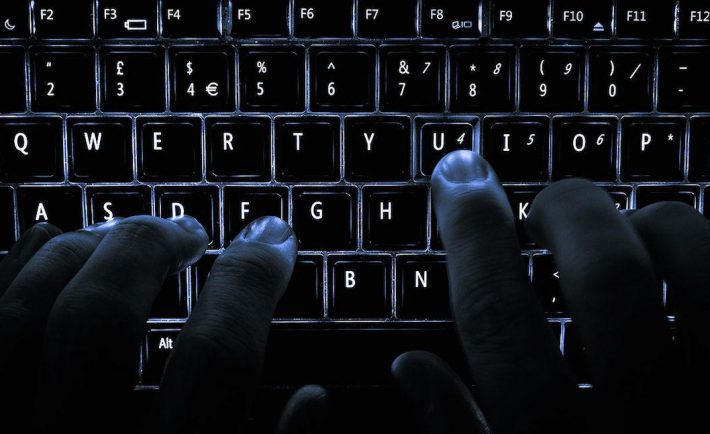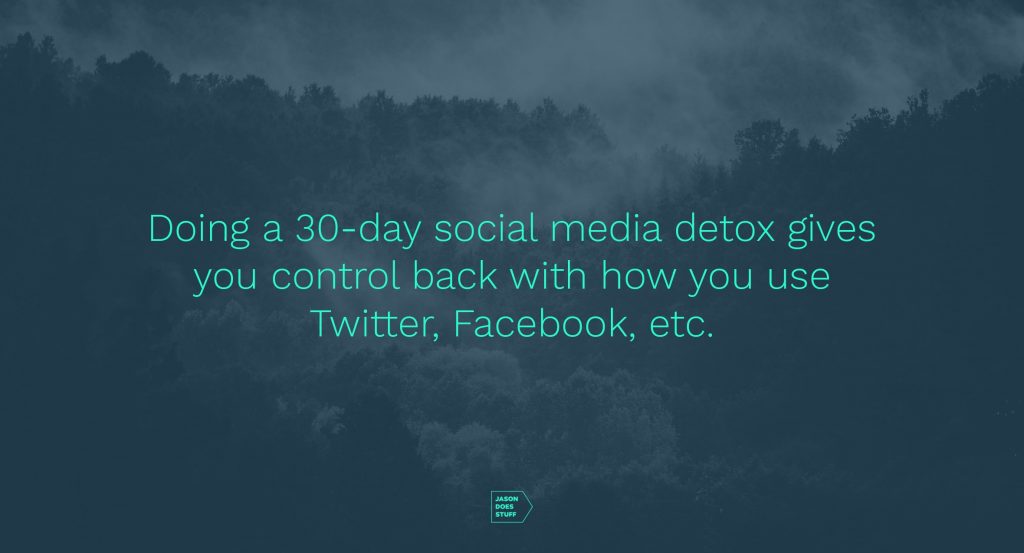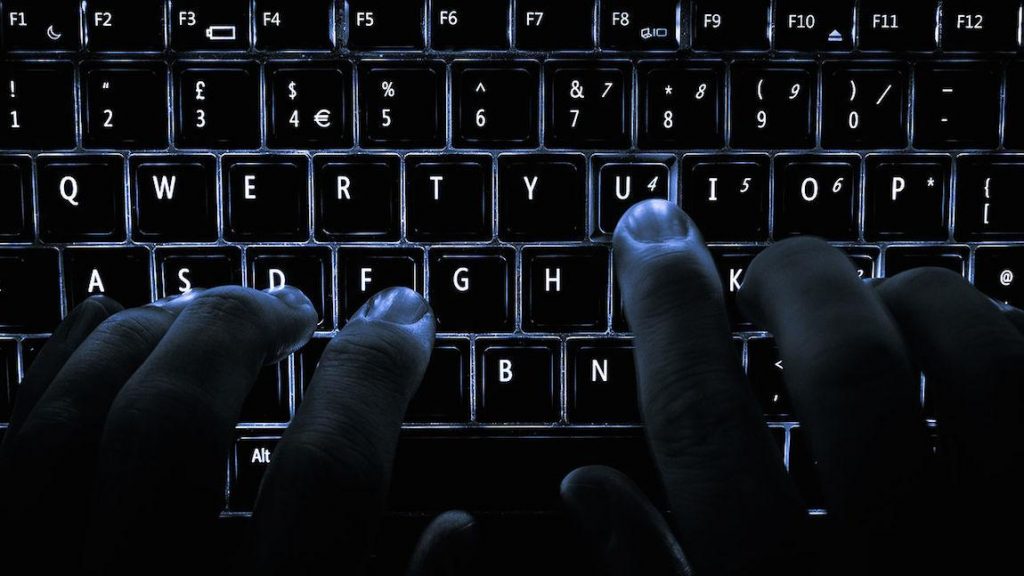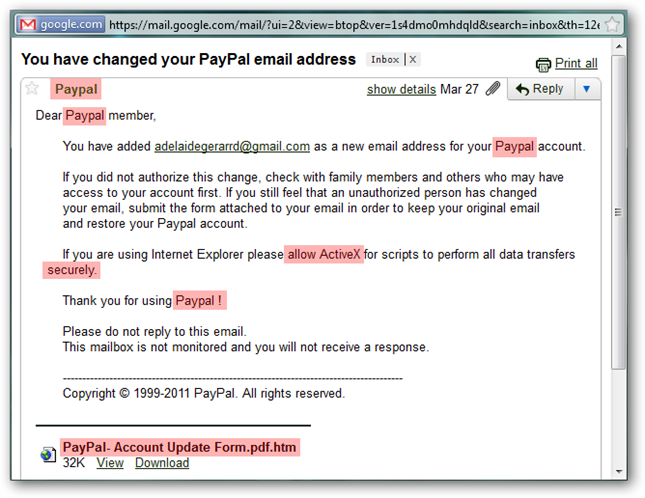
Digital crime is on the rise. No longer are hackers just isolated criminals hiding away in basements. They are complete organizations: groups of specialists that are focused on accessing your computer, smartphones, accounts, and either steal your money or personal information. Many of these organizations are run like full businesses, with accountants, HR workers, and receptionists.
All of this is dedicated to breaking into your accounts, stealing your identity, causing mayhem, robbing your bank accounts, and ruining your day. So are you doing all you can to protect yourself? Are you leaving yourself open to an attack? Here are some common mistakes people make that leave them open to a cyber attack.
Giving Away Too Much Information

Do A Social Media Detox
Social media is a wonderful tool in keeping your friends and loved ones up to date on what is going on in your life. It also gives hackers and identity thieves a starting point on breaking into your accounts.
How much personal information is on your Facebook, Instagram, and Twitter? Most people think they are pretty safe with what they post, but something pretty innocent could be used against you.
For example, let’s say you created an email and had to pick a security question in case you forgot your password. A very common security question is the name of a childhood pet. So you choose that one, as it’s easy to remember, and go on your merry way. A hacker decides they want to access your account. They can’t guess your password, so instead they click on the “Forgot my password” option and find a security question. Then, they find your profile, search it for personal information, and eventually find some post you made about how much you miss your old puppy. They answer , gain access to your account, change your password and have a platform to cause havoc.
Another way cyber criminals are gaining access to information on social media is tricking you into handing over your password. Social media scams have been around for a long time, with links to external sites claiming they can tell you who has viewed your profile, fake celebrity news, and free gifts. Then, when you click on the link, it takes you a site that looks just like Facebook requesting you to re-enter your password. If you do so, they have access to tons of information and your account to repost that same link or spam your friends list.
How to Protect Yourself
The first gate to protecting yourself is setting your social media privacy levels as high as you can go. That doesn’t mean you are 100 percent protected, as a hacker could still gain access if they can access the account of a friend, but it’s a start.
The other major defense is picking a strong security question and password. Avoid questions that could are public record, like a mother’s maiden name, what high school you attended, and what year you were born. Also avoid questions that are very easy to force or guess, like a favorite color, musician, or movie. The best security questions are ones you can create, about subject matter only you would know, or focus on something very private that is hard for people to guess.
Another solution is to get rid of security questions and instead use other ways to secure your account, like connecting a phone number to it to authenticate your account. Most major institutions have this functionality, where you can request a secured code sent to your phone instead of relying on a security question.
Data Breaches

7 Common Reasons Companies Get Hacked
Companies get breached by hackers. It is something that has happened in the past, and it will continue to happen in the future. Every type of company, from small local shops, to massive corporations, have all had data breaches in some form or another. Sometimes, these breaches can result in information being revealed, from emails addresses to social security numbers.
Any kind of data being stolen in these scenarios is scary. You might be thinking “Yeah, I understand social security numbers, but why should I care about somebody getting a hold of my email address?” Well, it’s because typically, along with your email address, they steal the password you use to access the site. 55 percent of people use the same password for most accounts they use. If you use the same password on a normal basis, you might be giving hackers access to your email account. Then, they look at what other sites and accounts are attached to that email, and go to town.
What’s especially scary is that, on average, it takes a company 229 days to detect a data breach. That means hackers could have over 200 days to take control of your accounts before the company, and you, would know what happened.
Protecting Yourself

How To Not Get Hacked, According To Expert Hackers
In order to protect yourself from data breaches and the consequences that accompany them, one of the best practices you can get into is having a different password for every account you use. There are plenty of secure password management tools to help keep track of them, so it is easy to have multiple complex passwords.
It’s also important to keep track of the many accounts you have in case you do have a data breach. That includes online stores, insurance and medical companies, email providers, credit card companies — basically anybody who has any of your personal information. Then, if there is a breach, you need to change your passwords as quick as possible.
Do You Open All Emails?

Why You Can’t Get Infected Just By Opening an Email (Anymore)
A common mistake people do is opening emails from people we don’t know and downloading files from it to a computer. These files can contain malware designed to do different things to your computer, making your life miserable. This also applies to downloading applications online from untrustworthy sources.
Some malware is designed to go undetected, but monitor and send back sensitive data to the originator. This can include things like your social security number, credit card info, personal information, and whatever else they may be looking for. Others, like the Petya ransomware, encrypts the data on your computer, making it so you can’t access it unless you pay the person to unlock it. Sometimes, it is just designed to break a computer or cause havoc in a person’s life.
Another way you can get malware on your computer is connecting unknown devices, like a USB flash drive or a found smartphone. When plugged in, these devices then transmit the malware onto the computer to infect it.
How to Protect Yourself
Protecting yourself is pretty simple in these scenarios. Don’t open unasked for or unfamiliar emails, don’t download sketchy programs online, and don’t plug anything foreign into your computer. Even be cautions when getting emails from somebody you trust if something feels strange, as they might have fallen victim to a virus that is spreading itself.
Update Your Security and Stay Vigilant

7 Steps You Can Take to Keep From Getting Hacked
Cyber crime is always evolving, so you need to stay up to date and informed to stay protected. If you have security software, update it regularly. Change up and strengthen your passwords if you use the same own for multiple accounts. Don’t download files from untrusted sources.
If you do all this stuff and stay informed of what is happening in the world of cyber security, you’ll be less of an easy target and less likely to fall victim.




